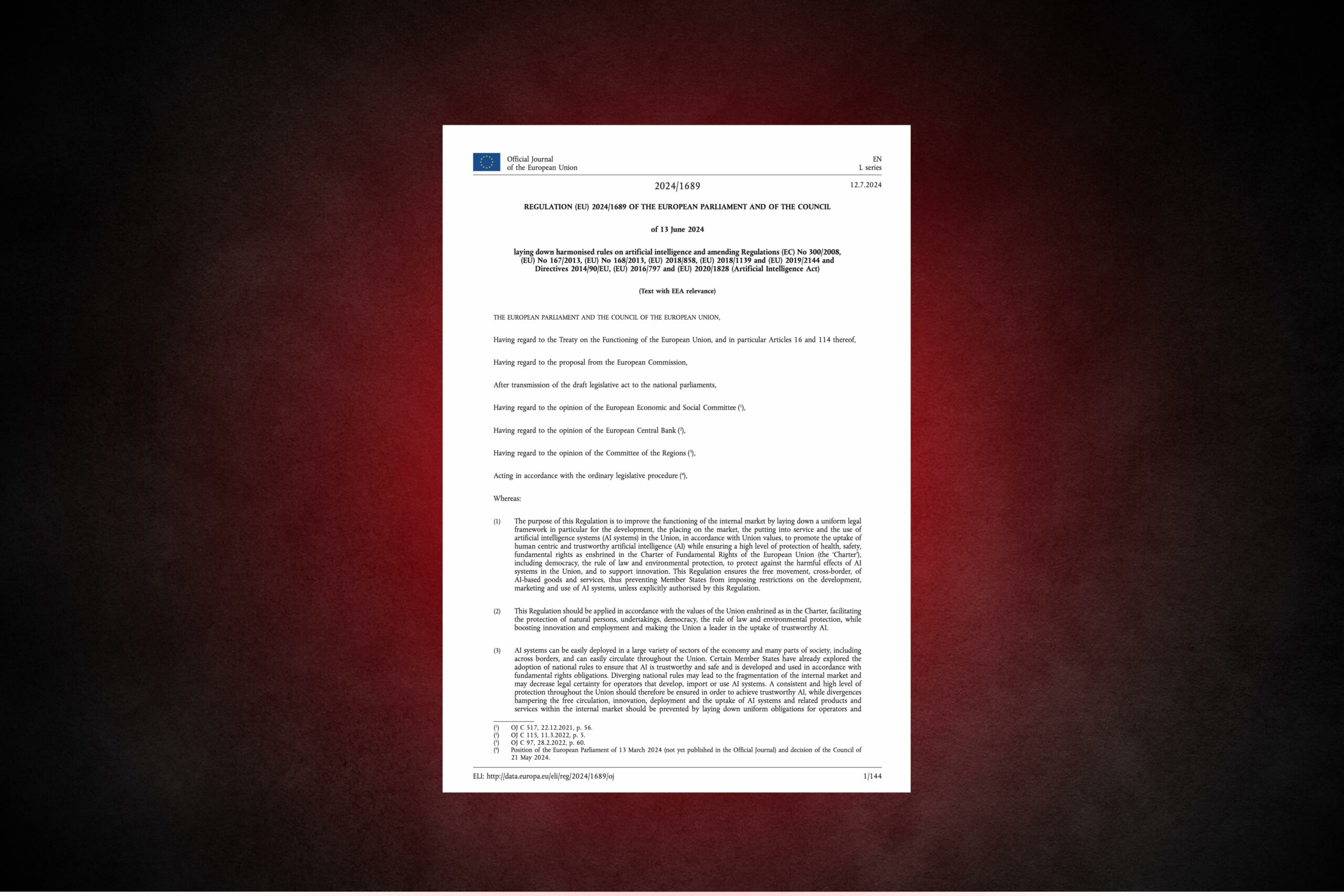The below text has not been heavily edited. Take it as a transcript of the above video, not proper writing.
***
Welcome. My objective with this video is to help you score a good grade for your master’s thesis or a final paper. I have about 30 tips for you. Now, sorry to disappoint you already, but there is no magic. Writing a good master thesis requires very hard work. My tips are intended to help you *if* you are willing to work hard — so you don’t waste your time and effort. In a sense, they are here to channel your energy and goodwill. Now, do not take those tips at face value. I prepared this list based on my personal experience supervising master theses, but of course, feel free to disagree or to apply other methods that work best for you. Importantly, always ask your master thesis supervisor for her or his guidance.
SUBSTANCE
The first subject I want to discuss relates to the substance of your master thesis.
First, you need to choose a subject that you like. Do not let anyone decide what is the subject you will write about. Also, do not follow trends or what might look like a good subject to score a good grade. Now, that being said, you should also choose a subject that matters, meaning that if you come to some results, those results should be interesting to other people than you.
Two, choose *one* subject only and explore that subject entirely. Do not be too broad. 95% of the time, the initial scope of master theses is too broad. I get it, you want to write a master’s thesis that makes an impact, and, to achieve that, you might be under the impression that you need to tackle a vast subject. But in fact, the way to go is to write about something feasible and to put a concrete proposal on the table — not the other way around. After all, 0 x 10 = 0, while 0 + 1 = 1, isn’t it?!
Three, your research question should be just one easy sentence long. “Easy“ means that your research question should fit on a Word document *single* line and that your fellow classmates should be able to understand what it says.
Fourth, if you are a law student, make your research question legal. Of course, it doesn’t mean that you cannot rely on economic thinking or computer science, but the question you will answer should be legal in nature.
Fifth, you should have one hypothesis, meaning something you think can be true and that you can test. Testing doesn’t mean that you should model your question, but it means that you should be following several steps that will lead you to a proper result. That’s a very important point. A good master thesis is one for which you do not know the answer before you start. It’s one for which you need to build on different steps to get from results to results.
Sixth, in your introduction, you should summarize the state of the literature. Put differently, you should say where research is already providing us with answers and what is the gap in the literature you want to address.
Seventh, once you have your subject, research question, and hypothesis, you need to come up with a concrete plan of action. This means that you need to explain — very precisely — what you’re going to do and how this will lead you to test your hypothesis. If you don’t have such a plan of action, your thesis will be imprecise. In short, you need to go somewhere with your writing instead of walking around your subject.
WRITING
Okay, we leave the substance now and go to the writing part.
First, sentences, paragraphs, and chapters should build on top of previous ones, meaning they should not be interchangeable. This implies that you need to explain and prove something before moving on to the next step. I know this is hard. And in fact, this is where I see the most struggle when grading master theses. But you should be spending time on the building part and asking yourself the following question: “is the flow of my writing logical?” Tips: A useful way to check if you’re effectively building on previous pages is to assess if you could insert “and then” between your paragraphs. If you can, it’s bad news: your writing is too descriptive; it reads like a catalog (not what you want). As the creators of South Park suggest, you want your paragraph, sections, chapters, etc., to be connected by imaginary (don’t actually write them down) “but” and “therefore” (see this video).
Two, when writing, you should ask yourself another question: “and then what?“ This means two things. First, can you get a step further? And second, does it matter? For example, if you say the Data Act regulates smart contracts, you want to go a step deeper and explain what the regulation does, and also, explain why it matters to understand it.
Three, don’t be descriptive. Usually, the first chapters I receive are descriptive because this is where you started from and you want to include these descriptions to “fill in the space.“ But each paragraph should matter. This means that each paragraph should be absolutely necessary to prove your points. If you can cut out one paragraph without losing the flow of your master thesis, then do it. In concrete terms, chapters that describe the functioning of a specific technology or the inside of a new regulation should be removed. Instead, your explanation should support your overall message at any time, meaning that you *can* explain a technical point, but do it in the context of an argument.
Four, do not use the passive voice (e.g., “the passive shall not be used“). Also, do not use “it.“ And “this.” And similar undefined words.
Five, most of what you write should not appear in the final version of your master thesis. Good writers eliminate 90% of what they write just to keep the absolute substance. You should reach the stage where you *enjoy* removing paragraphs because you know it makes your writing clear.
Six, start all your paragraphs with a short sentence — less than one line — summarizing the idea of the entire paragraph. Yes, this means that each paragraph should have only one idea. You will see that doing so will actually force you to put your thoughts in order.
Seven, write short sentences.
Eight, a good master thesis has many diverse footnotes. You want to refer to the latest literature, the latest cases. And you want to make sure that you are quoting the most cited articles in your field of research. And you want to avoid having more than two footnotes in a row referring to the same source.
Nine, when you quote a source, always explain why you are quoting it. Put the explanation between brackets, after the reference. And please, also put the page number. For example, do not quote “Brian Arthur, The Nature of Technology: What It Is And How It Evolves (Free Press, 2009)“, but quote, “Brian Arthur, The Nature of Technology: What It Is And How It Evolves, 25 (Free Press, 2009) (making a point that new technologies arose as combinations of other technologies)“. Always do that.
METHOD
Now, we leave the writing part. I want to give you some concrete tips when it comes to the method.
First, very important: *never* miss deadlines.
Second, pay the greatest attention to your footnotes and language. In fact, in all likelihood, the very first thing that your professor will check out when opening your master’s thesis are footnotes and language. This means that your footnotes must be absolutely perfect. You can usually choose the citation style that you prefer — unless one is imposed by your master’s supervisor — but once you’ve chosen one, you must stick to it. Also, if you know that you would like to publish your master thesis in the form of an article, try to identify which citation style is imposed by the journal that you like, and apply it.
Three, you want to source all of your claims. It’s not because you write on a novel subject that you shouldn’t build on the existing literature. This means that one page without at least a few footnotes is extremely suspicious.
Four, when you read an article, you should take all the good elements out of it so that you *never* have to open it again. This means that you need to copy-paste the good paragraphs and the page number in which they appear.
Five, you need to read *everything* that has been written on your subject. If there’s too much, your subject is too broad. That is why you want your research question to be narrow. I’m afraid there is no way around reading it all. The risks are too big for you to take a chance: if you repeat something that has been said already, your master thesis will be nothing more than a nice summary. And if your supervisor knows about this existing body of research, this is a recipe for failure.
Six, when you read, you must write, take notes. This means that you should start writing on day one. Do not wait until the end of your master thesis to write because it does not work. You should write, write, write.
Seven, once you have read everything and you have taken notes, try to group articles by subjects or ideas. When you do that, you will see that a map for your master thesis will emerge out of the process.
Eight, you want to use Evernote or similar software. The idea is to centralize all the sources that you have found in just one single space. Why? Because first, it allows you to research specific words within all documents that you have found in just one second. And two, it allows you to put your notes next to the sources you have found.
Nine, do not lose time using citation software such as Zotero. This is a controversial statement. But I think that in the context of your master thesis, using such software really is not a good idea. You would need to enter manually all the meta information of the sources you have found (page numbers, publication, etc.) to be able to generate citations. This will amount to a loss of time because you do not want to use the same sources several times.
Ten, start downloading academic articles where they appear in their published form. This way, you will have the right page number that you can cite. HeinOnline is a good one for that. But of course, HeinOnline does not have everything. So you also need to check Google Scholar, Google, SSRN, and other platforms and aggregators.
Eleven, do not think that you can finish chapter one and then write chapter two, and then write chapter three, and so on and so forth. You need to write the first draft of everything, and go back at it over and over again. You need to rewrite, rewrite and rewrite once again.
Twelve, and this is my final point, when you gather the data, for example, a list of cases that you want to analyze, you *must* explain why you have decided not to include more data (such as cases). Put differently, you want to explain why you have selected only those cases, this specific dataset. For example, explain that you have taken all the cases in a specific category. If you have selected cases, explain your methodology. Finally, keep this data in a separate folder because your master thesis supervisor — and, later on, a journal — may want to access the data.
Thank you very much for your interest. Take care of yourself and, if you can, someone else too. Cheers.
Dr. Thibault Schrepel
Associate Professor of Law at VU Amsterdam
Faculty Affiliate at Stanford University CodeX Center
Invited Professor at Sciences Po Paris & Panthéon-Sorbonne








